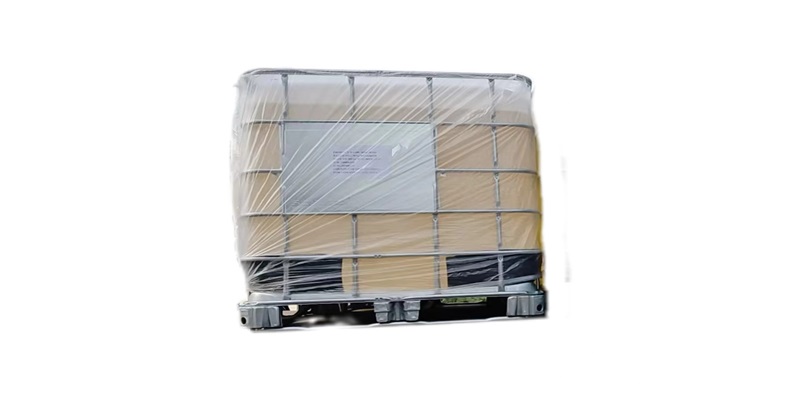In the realm of polyurethane foam production, selecting the appropriate catalyst is crucial to achieving the desired balance between reactivity, curing, and adhesion. The catalyst not only accelerates the chemical reactions between the polyol and isocyanate components but also influences the foam’s final properties, such as flexibility, rigidity, and adhesion to substrates. Among the various catalysts available, MXC-R40 stands out as an advanced solution tailored to meet the demands of both flexible and rigid polyurethane foam applications.
Why Use MXC-R40 as a Polyurethane Catalyst?
MXC-R40 is a low odor, emission-free amine catalyst designed to provide a smooth and controlled reaction profile, ensuring consistent foam quality across various applications. Unlike traditional amine catalysts, which may produce strong odors and emissions, MXC-R40 offers a more environmentally friendly alternative without compromising performance.
One of the key advantages of MXC-R40 is its ability to enhance the curing and adhesion of polyurethane foams to different substrates. Whether used in the production of flexible foams for cushions and bedding or rigid foams for insulation panels and structural components, MXC-R40 ensures that the foam bonds effectively to the surfaces it contacts, resulting in superior durability and performance.\
Balancing Foaming and Gelation
MXC-R40 is particularly effective when used in conjunction with water as an auxiliary foaming agent. This combination allows for a balanced foaming and gelation process, which is essential for achieving the desired foam structure and density. The catalyst promotes an even rise in foam, ensuring that the final product has a uniform cell structure and optimal mechanical properties.
In applications such as electrical appliances, rigid panels, spray foams, and box foams, this balance is critical. For instance, in rigid panels, the right foaming and gelation balance ensures that the panels have the necessary strength and thermal insulation properties. In flexible foams, it contributes to the comfort and resilience required for applications like seating and bedding.
Conclusion
When selecting a catalyst for polyurethane foam production, MXC-R40 offers a compelling choice due to its low odor, emission-free formulation, and ability to enhance curing and adhesion. Its versatility across both flexible and rigid foam applications, combined with its capacity to balance foaming and gelation, makes it an ideal catalyst for high-performance polyurethane foams. Whether for use in electrical appliances, insulation panels, or cushioning, MXC-R40 ensures that manufacturers can achieve consistent, high-quality results.
Post time: Aug-13-2024

